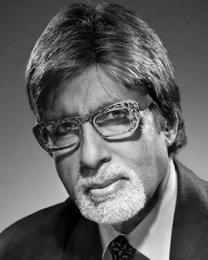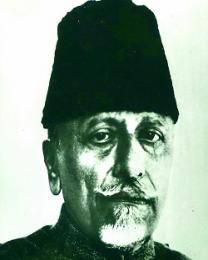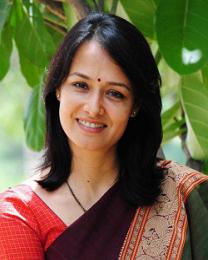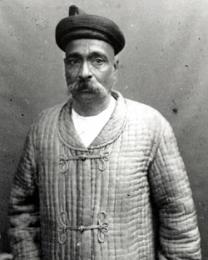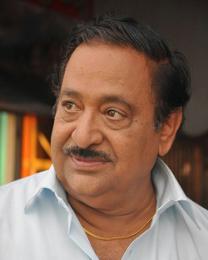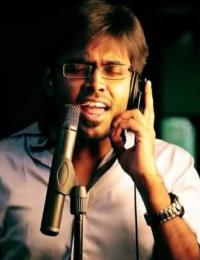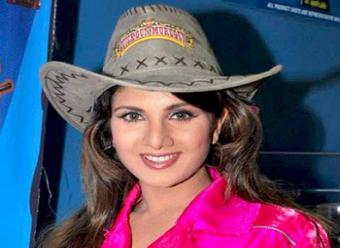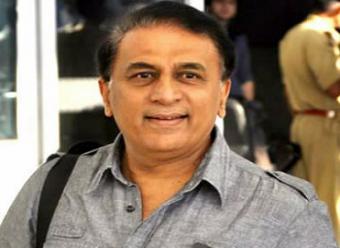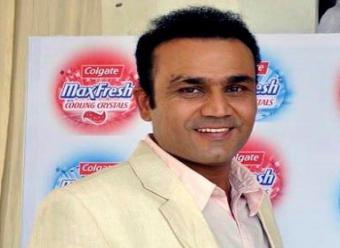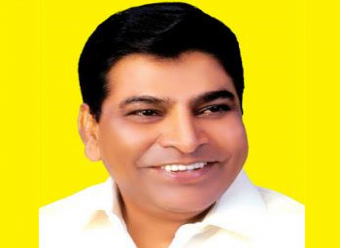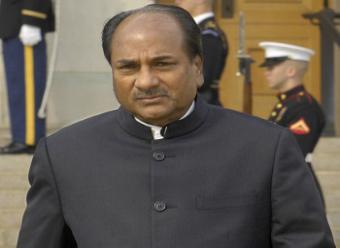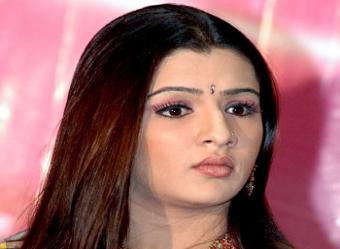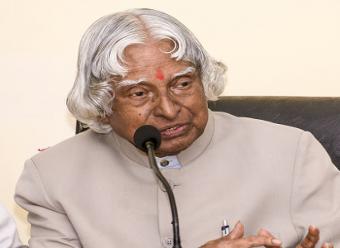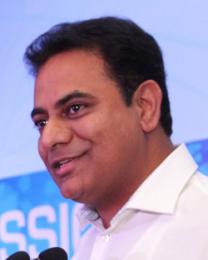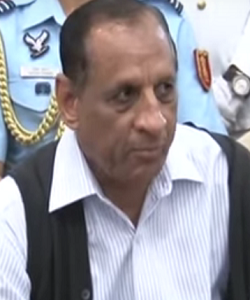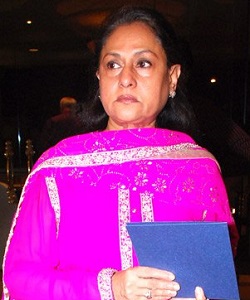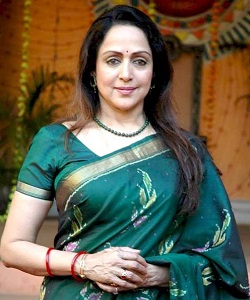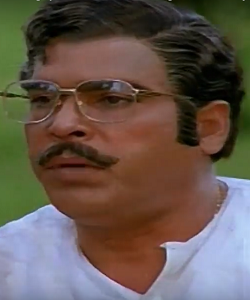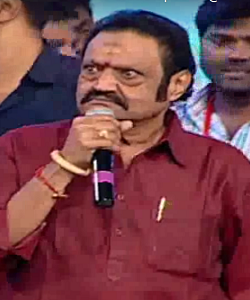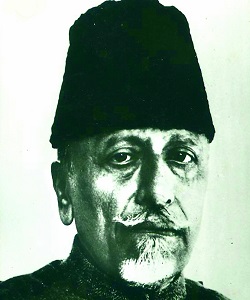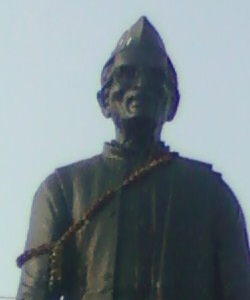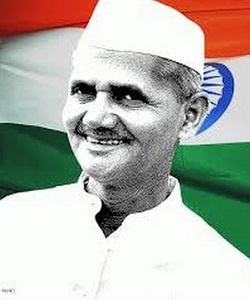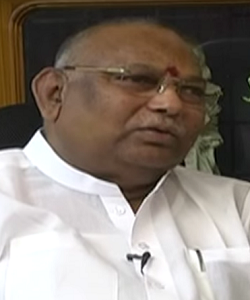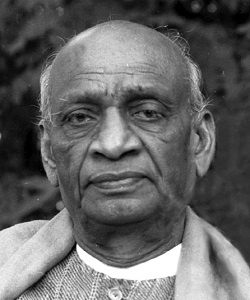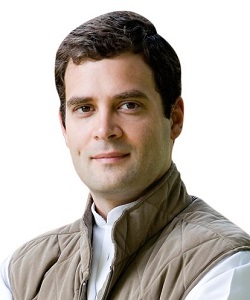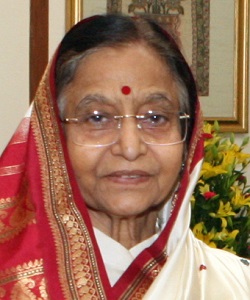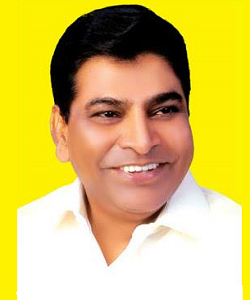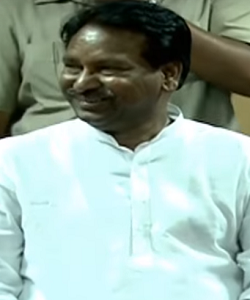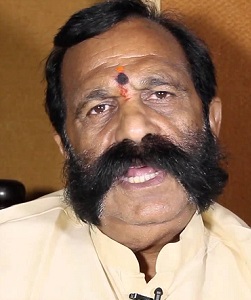Actual Name : Sardar Gouthu Latchanna
Date of birth : 16/08/1909
Place of birth : Barua, Srikakulam, Andhra Pradesh, India
Category : Politicians
Honors
'Thotapalli barriage' has been named after him by the Andhra Pradesh Government
'Gouthu Latchanna Cultural Complex' will be constructed by the Andhra Pradesh Government
'Sardar Gouthu Latchanna Pratibha Puraskaramulu', an award on his name to be given every year to bright and intelligent students by Sree Koundinya Seva Samiti
'Sardar Gowthu Latchanna Kala Peetham', an award on his name to honour and recognise the arts
In 1997, Andhra University of Visakhapatnam honoured him Doctorate
In 1999, Nagarjuna University of Guntur honoured him with a Doctorate
Statues for Sardar Gouthu Latchana
As A Freedom Fighter
Gouthu Latchanna was arrested at the age of 21 when he participated in the 'Salt Satyagraha' at 'Palasa'. Latchanna also participated in the Quit India Movement. He was conferred the tile of sardar for his fearless fight against the British Raj. In 1932, after getting released from Rajahmundry jail, having been inspired by 'Mohandas Karamchand Gandhi' "fast-unto-death" on the issue of untouchability, Latchanna organised "Harijan Seva Sangam" at Baruva. He started a night school in the harijan-cheri, agitated at the district level against untouchability, and took harijans to a drinking water well at Baruva. He and his colleagues were socially boycotted in response. Latchanna was sentenced for one year for possessing seditious literature and sent to Alipuram camp jail while Killi Appala Naidu was sent as a detenue to Tanjavur central jail. Immediately after the release from Alipuram camp jail, he was re-arrested at the gate and sent to Cannanore central jail, Tanjavur central jail and then to Rayavellore jail. He was finally released from Rayavellore jail in October 1945.
As A Leader
Lachanna played the role of leader for 'Kisans', 'weaker sections' and 'backward castes'
In 1940, he organised All India Kisan Sabha at Palasa which were attented by Pullela Syama Sundara Rao, N. G. Ranga, Sahajanand Saraswati, and Indulal Yagnik. The committee took the long reception of tens and thousands of hill tribals and kisans with an effigy of Zamindari system and got it burnt publicly. It was followed by public meeting of the All India Kisan Sabha violating the prohibitory orders of then Composite Madras government. Immediately, after the All India Kisan Sabha at Palasa, the 'Mandasa Ryots' under the leadership of lady 'Veeragunnamma' of Gudari Rajamanipuram, took out a procession with their bullock carts into the forest of the Mandasa Zamindari, cut trees and took them to their villages openly by driving away the estate forest guards. This led to the arrest of kisans by police under subcollector of Srikakulam.
In 1941 when Rangoon was bombarded during Second World War, Latchanna in spite of being underground, arranged 'Burma refugee’s conference' at Narasannapeta, presided by N.G. Ranga to assist the Indian labourers in Burma who fled to their native land, India. As a result of this conference, the then Madras government was obliged to provide relief to the evacuees by constituting 'Burma evacuees relief committee'
In 1948, he presided over first Andhra backward classes conference at Guntur and decided to achieve legitimate rights and privileges embodied in the Constitution of India covering reservations and directives for their social, economical, and education development. Consequently, he took statewide tours and organised district backward classes associations, which made him designated as champion of backward classes and was considered one of the prominent leaders of his time. In 1957 after the formation of united Andhra Pradesh, chief justice of Andhra Pradesh high court struck down the list of Other Backward Classes approved by government of Andhra Pradesh acting on a private complaint. Latchanna started a state wide agitation for the restoration of list of Other Backward Classes. High Court again struck down the list of Other Backward Classes for including Kapu community in the Other Backward Classes. Latchanna again, started state wide agitation and demanded the government of Andhra Pradesh to renew the publication of backward classes list by omitting Kapu. The case finally went to Supreme Court of India to be represented by advocate 'P. Shiv Shankar' on behalf of government along with an advocate appointed by Latchanna on behalf of Andhra Pradesh backward classes association.
Political life
He was member of Andhra Pradesh Legislative Assembly for 35 years from 'Sompeta' constituency between 1948–83 and once member of Andhra Pradesh Legislative Council. Latchanna had won both the Lok Sabha and Assembly elections from Srikakulam district in 1967. But he resigned his Lok Sabha membership to facilitate the election of his political mentor late N.G. Ranga. He was first elected to Assembly in 1948 from Visakhapatnam on labour ticket and served as Minister for Agriculture and Labour. He left Congress party in 1951 and was arrested during emergency in 1975 imposed by then prime minister 'Indira Gandhi'. He later joined Lok Dal party and then to Janata Dal party under the leadership of former prime ministers Charan Singh and Vishwanath Pratap Singh respectively.



